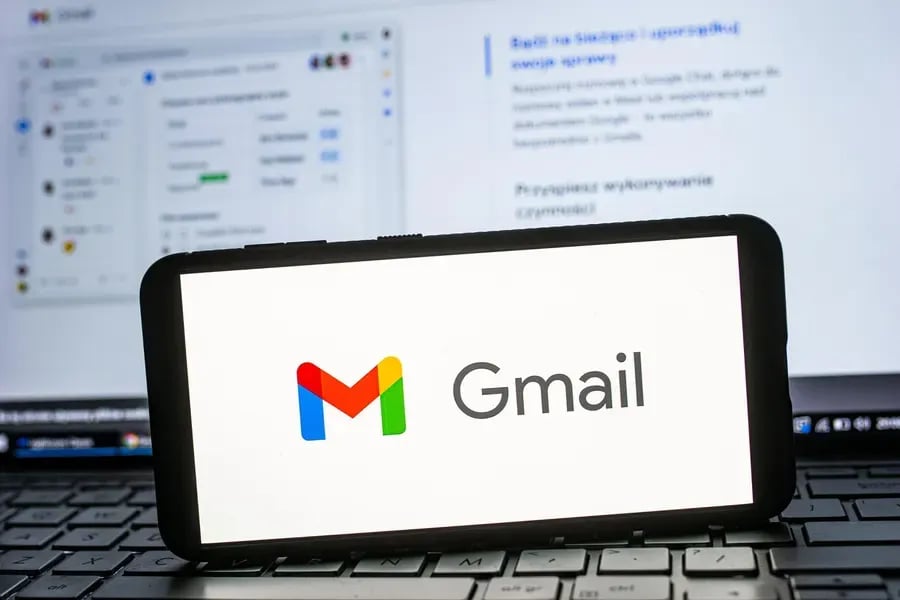How AI Can Help the Church Reach the Nations

in the 15th century made it possible to mass-produce Bibles, transforming access to Scripture. Radio and television brought sermons and worship services into homes, reaching millions who couldn’t attend in person. More recently, the internet and social media have allowed churches to share the message of Christ instantly with people all over the globe. Each of these innovations opened new doors for ministry, and now, Artificial Intelligence (AI) is poised to do the same.
When you think about it, we’re practically living out what we all saw in the cartoon The Jetsons. We can video chat with friends and family, call the doctor for a virtual check-up, exercise with a trainer on our screen, work remotely, and so much more. It’s wild to think how far we’ve come. I can easily hop on FaceTime or WhatsApp and talk to someone halfway across the world—for free. That still amazes me. I remember when long-distance calls were expensive, and talking to someone overseas was something you did sparingly because it cost a fortune. Now, it’s just another part of our everyday lives.
AI has the potential to bring the same kind of transformation to how the church connects with the world. It can break down barriers of language, geography, and even culture, making the Gospel more accessible than ever before. Let’s dive into how AI could become the next big tool for fulfilling the Great Commission.
1. Real-Time Language Translation
One of the most significant challenges in global evangelism is language diversity. AI-powered translation tools like Google Translate, DeepL, and Whisper are revolutionizing communication. These tools enable real-time translation of sermons, worship services, and Christian materials into hundreds of languages.
Moreover, AI-driven speech recognition tools like Microsoft Azure Cognitive Services and Amazon Transcribe are helping churches add real-time subtitles to sermons and online broadcasts. Organizations like Wycliffe Bible Translatorsuse AI to accelerate Bible translation projects, significantly reducing the time required to bring Scripture to unreached people groups.
This approach makes it possible to share the Gospel across cultural and linguistic barriers, ensuring no one is left out due to language limitations. In a world where more than 7,000 languages are spoken, AI’s ability to scale translation work is a game-changer.
2. Personalized Discipleship and Engagement
+div
AI offers the ability to provide customized spiritual guidance, meeting individuals where they are in their faith journey. For example, Gloo Insights uses data analytics to help churches understand their congregation’s needs, preferences, and challenges. This allows ministries to create personalized discipleship plans, including tailored Bible study recommendations, prayer resources, and mentorship connections.
AI chatbots like those integrated into WhatsApp or Facebook Messenger can engage with seekers, answering theological questions or sharing devotional content. This technology has been particularly effective for ministries like Global Media Outreach, which uses AI to manage millions of online conversations, guiding people toward deeper faith and connection with local churches.
By offering tailored support, churches can ensure that each individual receives the guidance and resources they need, fostering deeper engagement and spiritual growth.
3. Virtual Evangelism in Restricted Areas
In regions where evangelism is restricted due to political or cultural barriers, AI-powered tools are proving invaluable. Virtual missionaries, such as secure AI chatbots, engage in Gospel-centered conversations without risking the safety of human workers. These chatbots, hosted on encrypted platforms, can answer questions about Christianity, share Scripture, and direct seekers to additional resources.
Organizations like Open Doors use AI-driven apps to distribute Christian materials securely in hostile environments. Additionally, augmented reality (AR) and AI platforms enable believers to participate in worship services or Bible studies anonymously, providing community and spiritual growth in places where gathering openly is dangerous.
4. Streamlining Church Operations
AI is revolutionizing church operations by automating repetitive tasks and improving efficiency. For instance, AI-driven tools can analyze attendance trends, predict resource needs, and optimize event scheduling. Churches can also use AI-powered analytics to gain insights into member engagement, helping leaders make data-informed decisions about programming and outreach.
In sermon preparation, tools like Logos Bible Software harness AI to provide pastors with in-depth scriptural analysis, historical context, and sermon illustrations. This allows leaders to prepare more effectively while freeing up time for relational ministry.
AI supports strategic decision-making by helping churches assess their impact and prioritize their resources for maximum effectiveness.












